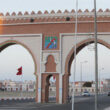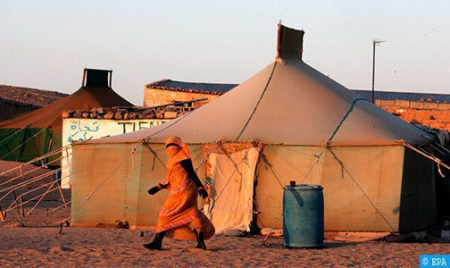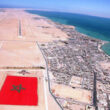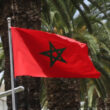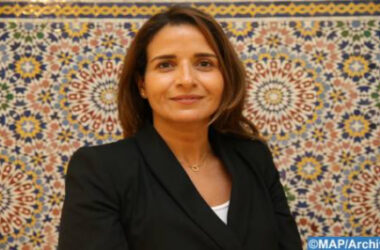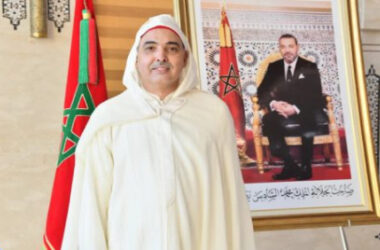Algeria was specifically called upon to address massive human rights violations against the population detained in Tindouf, in addition to the state’s refusal to assume its legal responsibilities and put an end to these heinous crimes, despite the repeated findings and appeals of the mechanisms of the Office of the High Commissioner for Human Rights.
As Chair of the U.S. delegation, Ambassador Bathsheba Nell Crocker, Permanent Representative to the United Nations in Geneva, reiterated the United States’ “concern about the widespread use of laws that unduly restrict freedom of expression and peaceful assembly and association to arrest activists.”
She also praised “courageous civil society activists, human rights defenders, media workers and others who speak truth to power and advocate for respect for human rights.”
Speaking on behalf of Il Cenacolo, NGO in consultative status with the Economic and Social Council since 1998, and as a victim of the atrocities of the Polisario separatists, El Fadel Brika delivered a harrowing account of “abductions, arbitrary detentions and the worst types of psychological and physical torture in secret prisons run by the Polisario militia on Algerian soil.”
He also drew the attention of the Human Rights Council to the systematic violations committed by Polisario separatists and Algerian forces against the sequestered populations in Tindouf, where they resort to the most horrific means to punish any voice that opposes them or denounces their grave violations and the theft of humanitarian aid, including extrajudicial execution, the latest of which was the burning of two young Sahrawis, Maha Ould Hamdi Ould Souilem and Alien Idrissi while they were alive.
Brika brought to the attention of the Council the slaughter in November 2021, by the Algerian army, in a hole on the outskirts of the so-called ‘Camp of Dakhla’, of three young Sahrawis, Lakbir Ould Sidi Ahmed Al Markhi, Obeidat Ould El Bilal and Flea Ould Baraka.
For her part, Aicha Duihi, on behalf of the Geneva-based NGO ‘Promotion of Economic and Social Development’, placed emphasis on the growing tensions in the Tindouf camps in southwestern Algeria, where the accumulation of a number of social and political events has led to the intensification of protests. These unprecedented events have also been highlighted by the UN Secretary-General since his report S/2019/282.
She pointed out the violations of the rights of the detainees in the Tindouf camps, through the maintenance of the state of emergency under the pretext of fighting terrorism; the repression of all forms of opposition; the reprisals, violence, threats, discrimination, pressure and arrests of human rights defenders and activists selective discrimination against freedom of movement; and the lack of census and protection reports for the people in the camps; as well as the continued detour of humanitarian aid on which the Sahrawi refugees depend for their food.
In the same vein, the Unitary Network for Development of Mauritania recalled the communication of the Special Rapporteur on the rights of migrants calling on the Algerian authorities on the extrajudicial executions of two Sahrawis by the Algerian security forces in a mining site south of Auinat Balakraa, to urge the Office of the High Commissioner to open an investigation into this horrific crime and to apply basic international standards to protect the people of the Tindouf camps.
The representative of the NGO “The National Movement of Young Patriots”, for his part, blasted the persistence of impunity in the Tindouf camps, which serves as a security tool for the Polisario leaders and encourages them to persist in their repression against the people of the camps, deprived of any recourse mechanism, as well as access to justice, despite repeated calls from the UN human rights system, including the Human Rights Committee.


